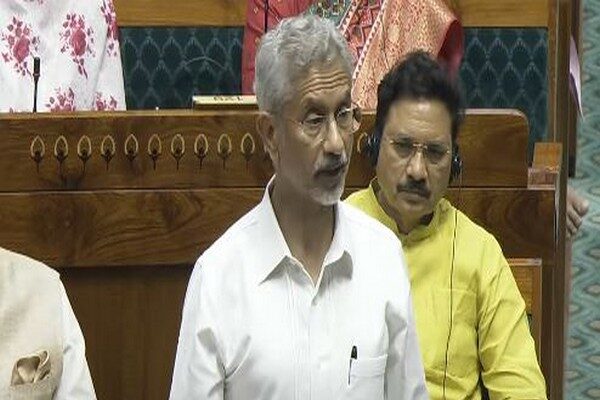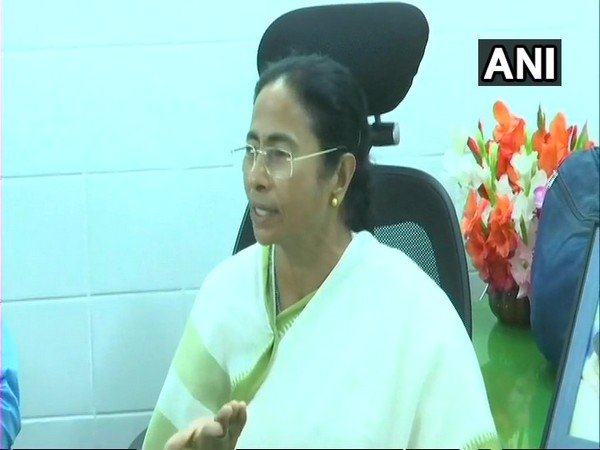EAM S Jaishankar on Friday highlighted the Neighbourhood First Policy in Parliament. The external affairs minister was replying to a question from Congress MP Manis Tewari.
In his question, Manish Tewari asked, “India was the 8th country which the new President of the Maldives visited after being elected on an oust india campaign, and that too based upon their economic compulsions. Number two, Nepal. China was the first country the newly elected Nepalese Prime Ministert visited and signed on the Belt and Road Intitiave. Sri Lanka, 12.9 per cent of Sri Lanka’s external debt is held by China. Bhutan, the Sino-Bhutan border negotitions are in a very advanced stage and Doklam is in prey and Bangladesh continues to be in turmoil My question therefore is while India may have a neighbourhood first policy, is there any neighbour of India that as an India-first policy?”
The External Affairs Minister, S Jaishankar replied, “Before Prime Minister Narendra Modi went to Nepal, for 17 years, there was no visit from India to Nepal. So does that mean nobody in India cared for Nepal? For Sri Lanka, for 30 years there were no bilateral visits before Prime Minister Modi went there. So visits are important, I accept it. Visits are also subject of timing, convenience, agenda”.
He said that the neighbourhood gives us priority and highlighted several projects showcasing the same.
“With this government in Maldives, we have inaugurated the Adu Link road and reclamation project and I myself went for it. 28 islands there were provided water and sewage facilities and by the way, the President of Maldives was present at the oath taking ceremony of the new government,” the EAM said,
The EAM noted that he did not want to give foreign policy a partisan tint but also reminded the members of the Parliament, “Maldives was the same country which drove out Indian companies for an important project in 2012. The same Sri Lanka was the place where the Hambantota Port was built by the Chinese in 2008.The same Bangladesh was giving support to terrorism till 2014”.
“So if one looks today at the developmental projects, they require both sides to cooperate. If one looks today at the number of projects, volume of trade, the exchanges that are taking place, the answer is very clear. Our neighbours also have their politics, they have ups and downs in their countries It will have some implications for us but it is important that we are mature and don’t get into point scoring”, the EAM said.
The EAM also clarified that Indian security forces would continue to patrol in Eastern Ladakh
“What somebody wrote as a paper is for that somebody to answer for. I can answer for the government. I gave a very detailed statement on the disengagement and recent developments in the India China border areas. In that statement, I highlighted that the last of the disengagement agreements had taken place which pertains to Depsang and Demchok. I also would like to convey to the Honorable Member that it was in the statement as well that the understanding envisages that Indian security forces would be going to all the patrolling points in Depsang and would be going to the eastward limit which has historically been our patrolling limit in that part,” he said.
Responding to a question by BJP MP Naveen Jindal in the Lok Sabha on improvin ties with Pakistan, EAM Dr S Jaishankar said, “In terms of improving ties with Pakistan, like any other neighbour, we would like to have good ties. But like with any other neighbour, we would also like to have ties free of terror risk. So this has been the position of the government. We have made it very clear that it is for the Pakistani side to show that they are changing their behavior of the past and that if they don’t, of course, there are implications for the relationship and for them. So I think the ball is very much in Pakistan’s court in this regard. Regarding trade, I think some of the disruptions which happened happened because of decisions by the Government of Pakistan in 2019.” (ANI)

